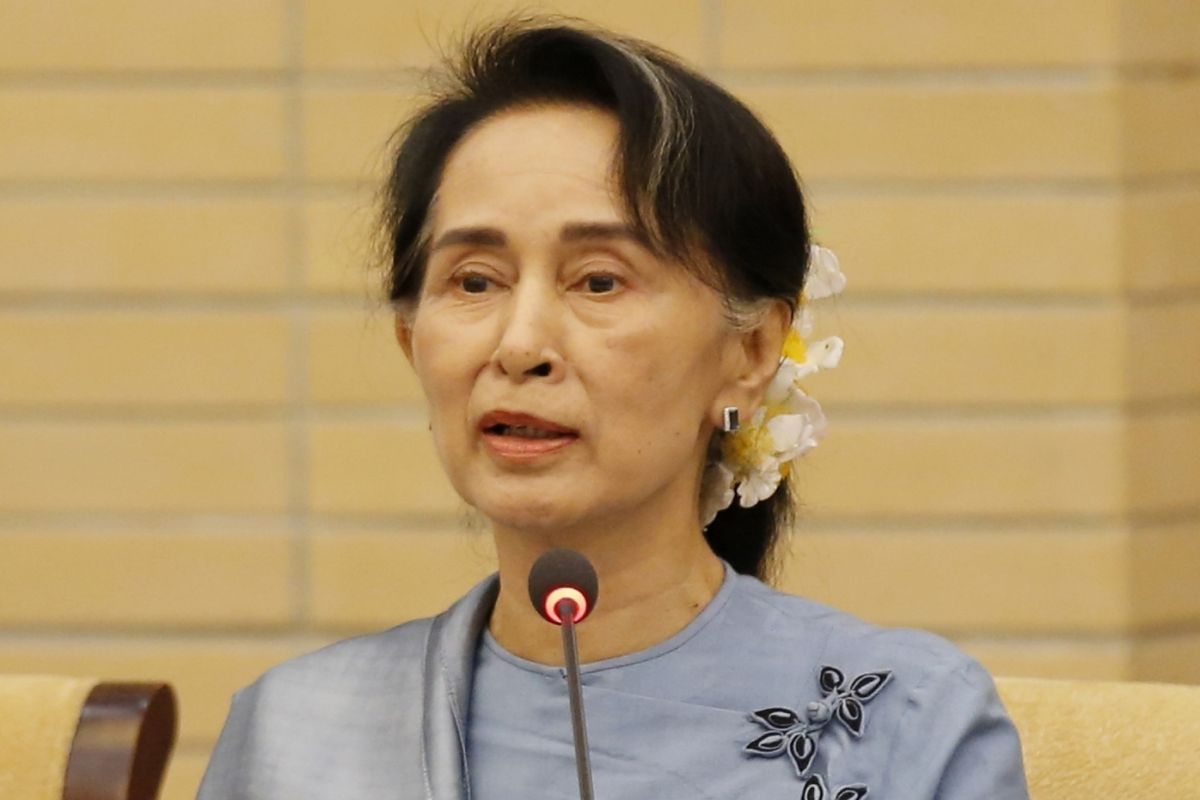The omnipotent military in Myanmar has thrown a spanner in the works just a couple of days before the new Parliament convenes, post the election last November.
Indeed, there are worries about a coup in the context of the GHQ’s threat to “take action” against the alleged fraud in the election won by the National League for Democracy (NLD), the party of Aung San Suu Kyi. The rest is history, notably Suu Kyi’s prolonged incarceration since the early 1990s following her spectacular victory.
Advertisement
In the aftermath of her release, Myanmar witnessed another election in November 2015. Her victory was reduced to near irrelevance as the army continued to reign supreme The former political prisoner is but a figurehead of Myanmar’s long struggle against dictatorship. Yet another triumph in 2020 cannot readily inspire confidence.
This time, the military seeks to cripple the authority of Suu Kyi. The sartorial change effected by the generals ~ from the uniform to the longyi ~ has led to little or no change in the cantonment’s attitude towards the certitudes of democracy.
The army’s aversion to civilian rule remains ever so pronounced. The military’s allegations of voter-list irregularities have been accompanied by cryptic comments about abolishing the Constitution. Small wonder the populace in Myanmar is so direly worried despite the NLD’s victory.
The army’s threat has raised the spectre of a coup in a country ruled by the soldier for half a century, ever since the 1962 military takeover. Suu Kyi’s National League for Democracy won 83 per cent of available seats in the 8 November 2020 election, generally regarded as a referendum on her nominally and fledgling democratic government.
Though the military’s involvement in civilian governance has been part of Myanmar’s furniture for the past three decades, this time it has alleged discrepancies such as duplicated names on voters’ lists in several constituencies. It also feels slighted with the Election Commission’s response to its complaints.
The military has been guarded about its motives and has not said if the perceived irregularities were substantial enough to have changed the election outcome. As the architect of Myanmar’s 2008 Constitution and fledgling democracy, the military, known as the Tatmadaw, sees itself as the guardian of national unity and the Constitution, and it has enshrined a permanent role for itself in the political system. In Naypidaw, the change in the constitutional narrative may turn out to be shambolic yet again.











